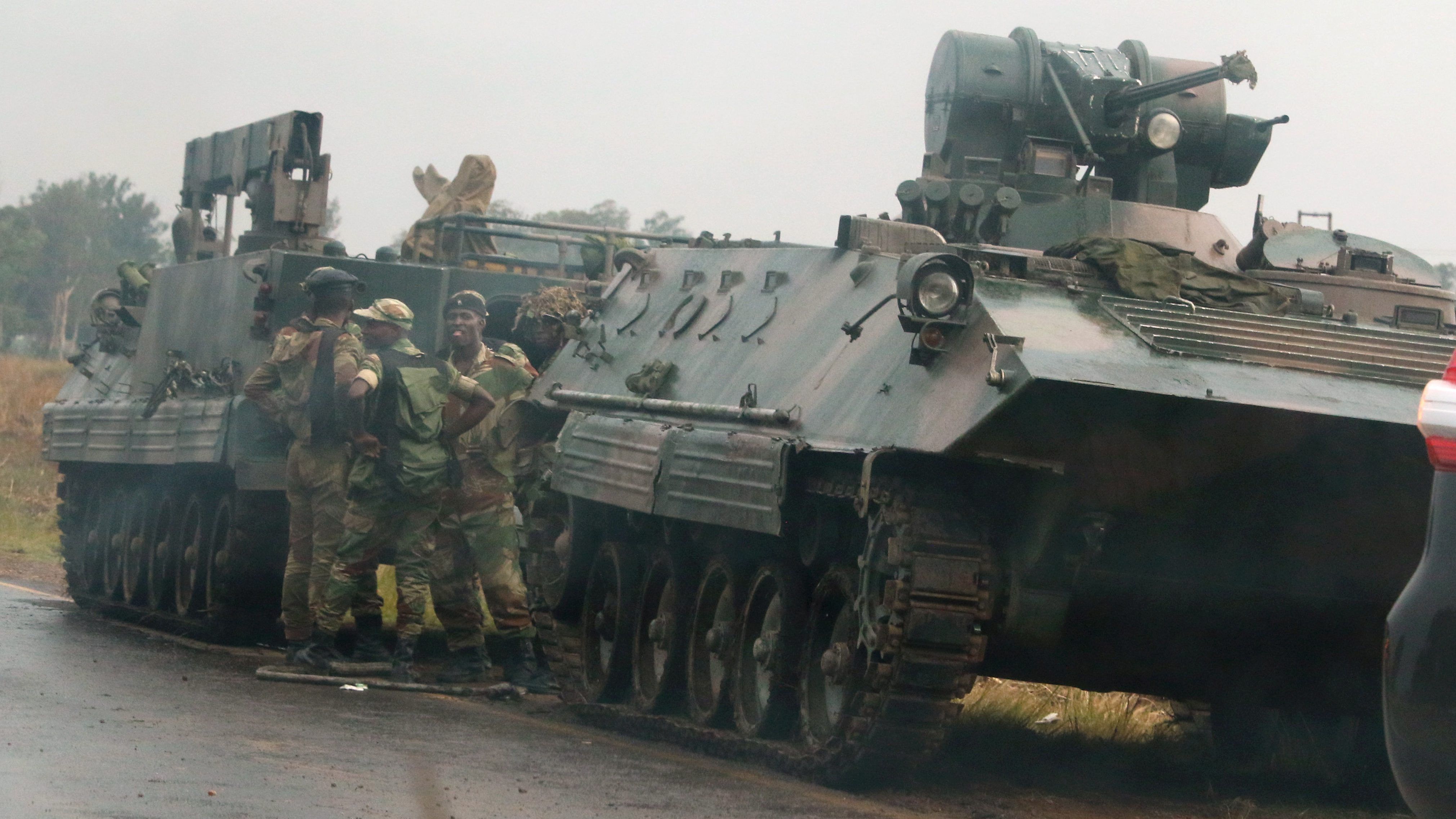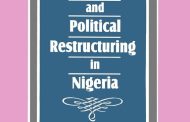President Robert Mugabe of Zimbabwe appears to have lost out so quickly in skirmishes that can be taken as marking the end of his rule. Although the youth wing of the ruling party in the country dared the military yesterday afternoon by saying that General Constantino Chiwenga was only speaking for himself and that they would mobilise in millions for the president, Mugabe himself has not been heard since the tussle began. That is strange and surprising for a very vocal president and a master of the game such as Mugabe. It is the military that is speaking for him, announcing guarantee of his safety and that of his family. That is what a Major-General Sibusiso Moyo has said earlier today on the Zimbabwean Broadcasting Corporation, (ZBC) when he denied a military take over. The logic is that Mugabe must effectively have been taken into protective custody and the military might have decided not to call it a coup because they may be isolated for doing so.
Although some interpreters say the Armoured Personnel Carriers, (APCs) sighted in motion in and around Harare, the Zimbabwean capital are not adequate for a coup, what does one make of the situation whereby the state broadcaster has also fallen to military control, heavy gunfire has been heard and Mugabe himself is not speaking?

This is what the government newspaper could still say by yesterday. Its headline today might have changed. If it hasn’t, then there is serious power tussle
There is still nothing to say that this is the end of Mugabe. A veteran of power such as him can have many lives. At 93, he is damned too old to govern but it might still not be the echoes of a war foretold as there was still a cabinet meeting yesterday but which was obviously not attended by Mugabe. It was from the meeting that Information Minister, Simon Khaya- Moyo charged the Head of the Defence Forces with subversion and treason. Analysts, however, point at the realism that a coup is only treasonable if it fails. Otherwise, the coup plotter becomes the C-in-C and the game would have changed. Power via the coup is theoretically frowned at across Africa. Is it possible that all the key actors could have just found that there is no other way to get Mugabe out other than a coup or it is still too early for any African country to comment, including the AU?
Is it possible a foreign power has taken charge of the situation? Which foreign power is most influential in the unfolding dynamics? Mugabe has sent the West packing since 2002 in the event of the land reform conflict with Britain. It is after that he has not found peace again. There is a popular joke in high circles that he would have since been overthrown if Zimbabwe were an oil producing country. That is to say the West left him to do his thing because Zimbabwe is not worth the modern equivalent of gun boat diplomacy.

The Mugabes and the Jinpings
Such statements ignore the fact that Mugabe made his move after aligning himself with China. Today, China is the only outside powers with clouts to substantially shape the outcome of what is going on. It is instructive that Emerson Mnangagwa, the Vice-President Mugabe sacked earlier last week made his way to China, threatening to deal with Mugabe. As a former Minister with responsibilities for Defence and Security, his threat cannot be dismissed but he is unlikely to act without seeking Chinese inputs, formally and/or informally. Just as well, Mugabe has his own personal and political links in Beijing. The problem is that analysis such as this could fall flat in a crisis situation. In a crisis situation, all previous patterns and tested wisdom could fail to hold or apply. When a regime is in crisis, it is totally vulnerable and anything can happen.
The prayer is that however it plays out, may it not degenerate into the chaos and mass suffering typical of power struggle of this type across the continent. The people of Zimbabwe have suffered economic crisis for long and it is important this is not compounded.




























